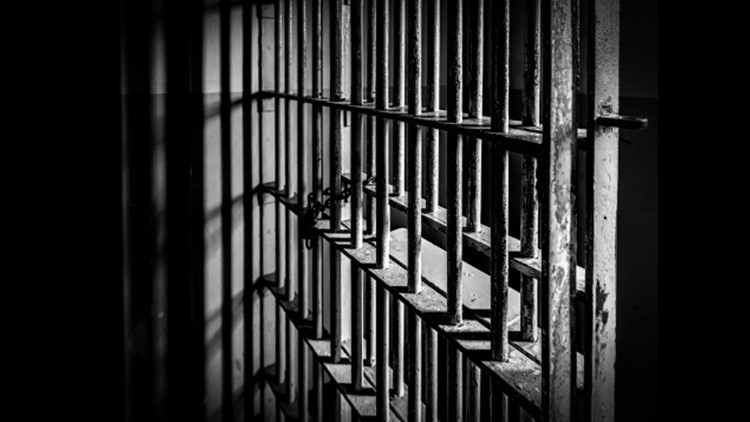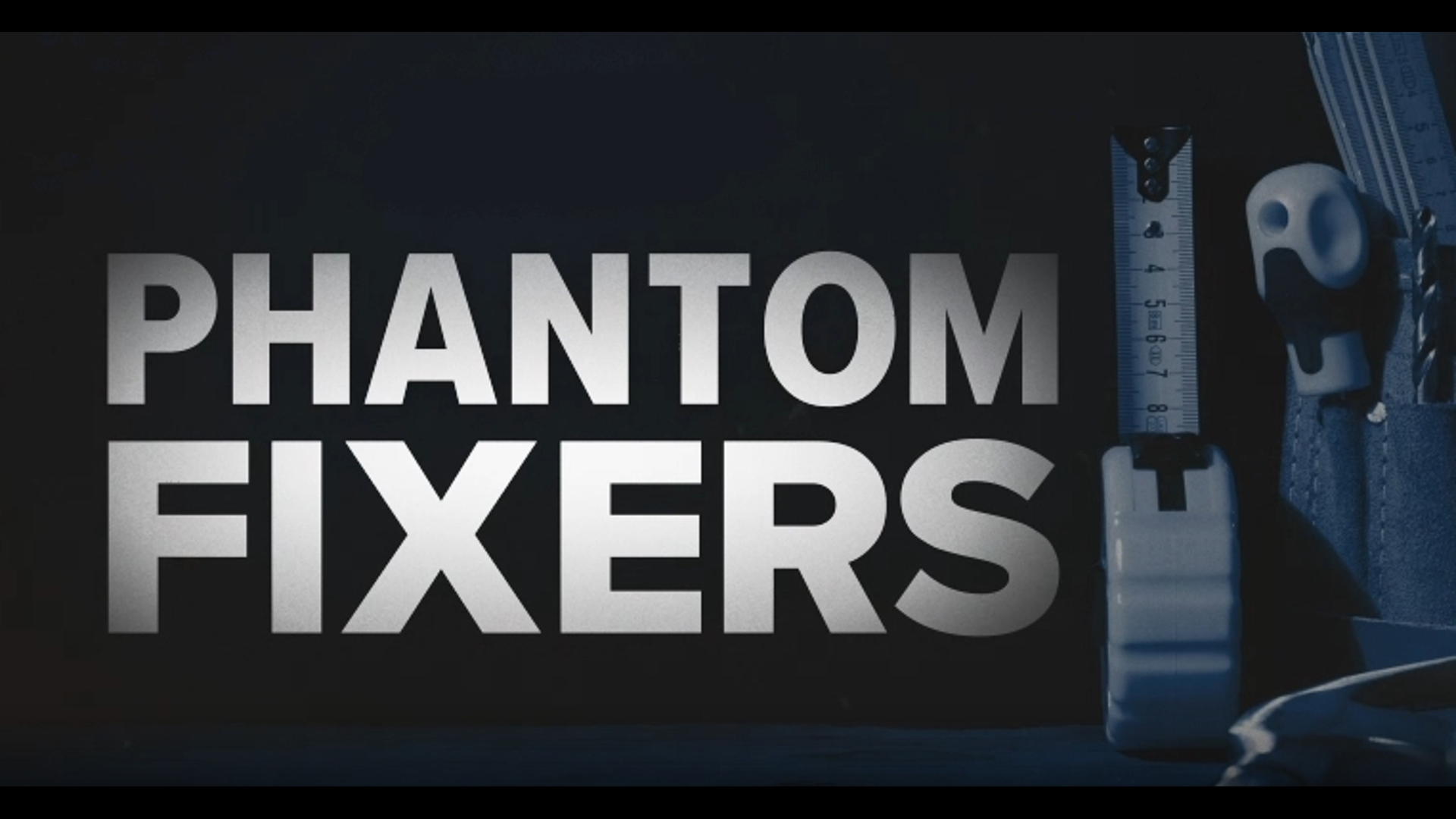Four inmate suicides in three weeks within the state prison system is leaving many unanswered questions. Is there a suicide epidemic?
This has the plaintiffs who filed a class action lawsuit against the Arizona Department of Corrections in 2012 concerned as it struggles to comply with the terms of the settlement over prison health care contracted out to private health care provider Corizon.
An inmate death notification was released Monday to the media from the department. The latest inmate believed to have died by suicide is 61-year-old Dean L. Mills, who died on May 13 after being found unresponsive in his cell at the privately run prison in Kingman.
Boca Raton, Florida-based GEO Group runs the prison, which is the site of a 2010 escape with deadly consequences for a couple in New Mexico after the escapees went on a murderous rampage while on the run. At that time, the Kingman prison was operated by Management and Training Corporation of Centerville, Utah. Gov. Doug Ducey revoked MTC's contract following a riot at the prison in 2015 that caused extensive damage to the facility and forced prison officials to evacuate about 1,200 inmates. GEO Group took over operations and management in December of 2015.
An inmate death notification was issued on May 9, for Pedro S. Gonzales, 60, after he was found on May 8, unresponsive in his cell at the prison in Florence from what the department usually always terms "an apparent act of self-harm." Gonzales was serving a 12-year prison sentence for second-degree murder out of Maricopa County.
Another inmate death notification came on May 5, for James J. Krauss, 42, who died on May 4 from an "apparent act of self-harm" in his cell at the state prison in Tucson. Again the notification read that staff found him unresponsive and began performing life-saving measures until paramedics arrived. Krauss was serving a nine-year prison sentence for drug convictions out of Gila County.
Inmate Jesse J. Arvizo, 27, died by suicide on April 23. The notification went out the next day. Arvizo was found unresponsive in his cell at the Lewis State Prison in Buckeye. He was sentenced to a little more than four and a half years in state prison for robbery.
"Four suicides in three weeks is truly shocking, even by ADC's dismal standards," said David Fathi, the director of the ACLU National Prison Project in Washington, D.C.
Fathi and other attorneys including Corene Kendrick from the Prison Law Office in Berkeley, California have been appearing in federal court ever since the case was settled arguing that Corizon is not complying with the terms of the settlement and claims the Arizona Department of Corrections is not holding Corizon accountable for not being in compliance. While the latest suicide occurred at the privately-run prison in Kingman, Corizon is contracted to provide full-service medical, mental health care and dental care to inmates housed at 10 state prisons and not the GEO Group-operated prison in Kingman.
Kendrick believes inmates are not receiving the mental health care treatment they are entitled to due to staffing shortages and this could be causing an uptick in suicides.
"In March 2017, ADC's health care contractor Corizon had statewide vacancies for half of the psychologist positions and a third of the psychiatrist positions," Kendrick said via email. "The fourth suicide in three weeks – this time happening at a private prison – shows that ADC's outsourcing of prison health care and operations is misguided at best, and that ADC is not holding its contractors accountable for the millions of dollars paid to these for-profit companies by Arizona taxpayers."
Arizona DOC Communications Director Andrew Wilder refuted the idea that the deaths were based on a lack of resources.
"None of the recent self-harm incidents are connected and staffing has not played a role," he said via email. "Inmate self-harm is a concern correctional institutions face, particularly in higher custody levels. ADC personnel work very hard to identify, intervene and prevent inmates from committing acts of self-harm. Unfortunately, some inmates succeed in their actions."
Arizona taxpayers pay Corizon $12.06 per day per inmate for an approximate total of $409,533.48 each day. Each year more than $149 million is being paid to Corizon for prison health care.
All parties will be back in federal court on June 14 to continue efforts to ensure the Department of Corrections' privately contracted health care provider, Corizon is in compliance.
Suicides aren't the only issue facing prison officials; there have been three suspected homicides inside Arizona prisons this year. Criminal investigators with the ADC have been tasked with finding out who murdered Miguel Camacho, 39, on April 14, Apollo Ortega, 31, on Feb. 13 and Joseph Wozny, 31, who died on Jan. 15 at Abrazo West Campus Hospital after he was assaulted by other inmates on Jan. 6.
Family members of inmates who spoke to 12 News on the condition of anonymity have raised concerns about the safety of their loved ones. Many who contacted us believe there have been more homicides in state prisons because requests for protective custody, for the most part, are being patently denied.
Wilder said the DOC doesn't believe any protective custody requests were related to these eventual homicides.
"There have been three homicides in state prison this fiscal year. Investigations have not revealed any evidence to suggest that any of these cases were related to requests for protective custody," he said. "Security and safety of more than 42,000 inmates is a primary mission of the Department, and our employees do an excellent job to carry that out 24 hours a day, every day."
12 News has been investigating suicides in the Arizona Department of Corrections for years. In 2013, we exposed how corrections officers stood by after inmate Tony Lester slashed his throat, wrists and groin with a razor he was mistakenly issued. The corrections officers who responded failed to render aid and all were disciplined.



